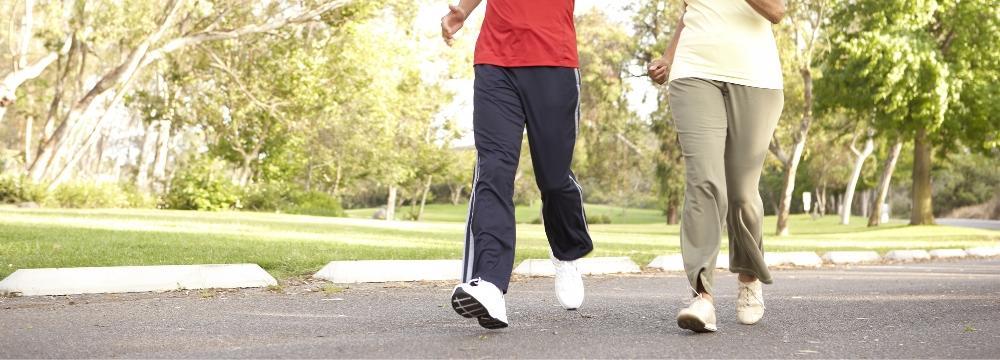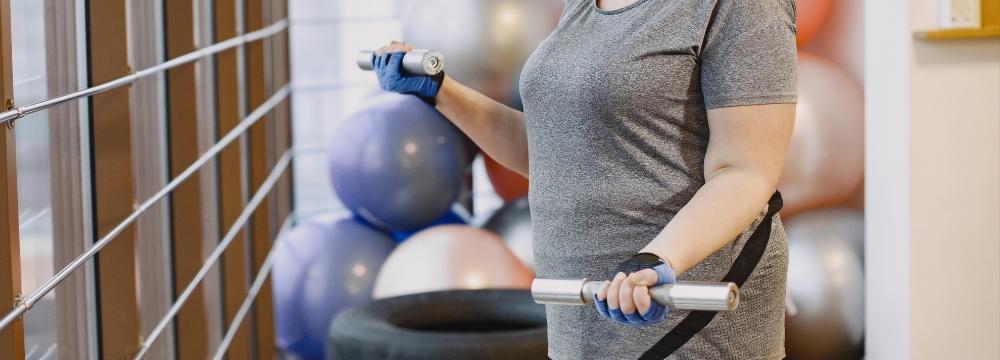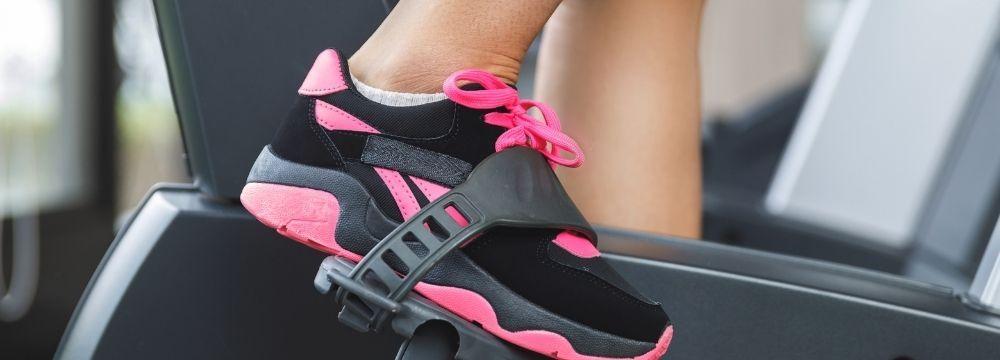
Updates and articles about Exercise

 How to Avoid the Exercise Blues
How to Avoid the Exercise Blues
 Do You Have “Responsibilities” after Weight Loss Surgery
Do You Have “Responsibilities” after Weight Loss Surgery
 Walking Versus Running. Which Is Better After Bariatric Surgery?
Walking Versus Running. Which Is Better After Bariatric Surgery?
 How You Can Use Zone 2 Training to Lose Weight After Surgery
How You Can Use Zone 2 Training to Lose Weight After Surgery
 Why Dieting Alone Simply Doesn’t Work
Why Dieting Alone Simply Doesn’t Work
 Does a Peloton Make Sense for Bariatric Patients?
Does a Peloton Make Sense for Bariatric Patients?
After Weight Loss Surgery
Bariatric Procedures
Bariatric Surgery
BMI
Colonoscopy
Colorectal Disease
COVID-19
Diabetes
Diet
Diverticulosis
Exercise
Expectations
Gallbladder Surgery
Gastric Bypass
Gastric Sleeve
General Surgery
GERD
Getting Started
Hemorrhoids
Hernia Surgery
Hydration
In The News
Joints
Obesity
Osteoarthritis
PPIs
Premier Protein Recipes
Robotic Surgery
Sleep
Social Media
Support
Wegovy/Zepbound
Weight Loss
Weight Loss 101


